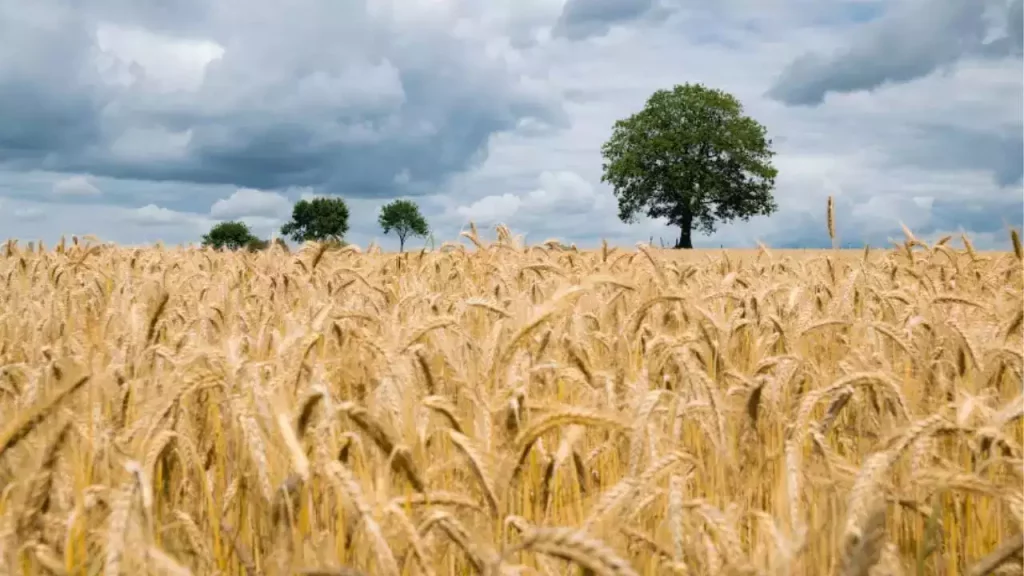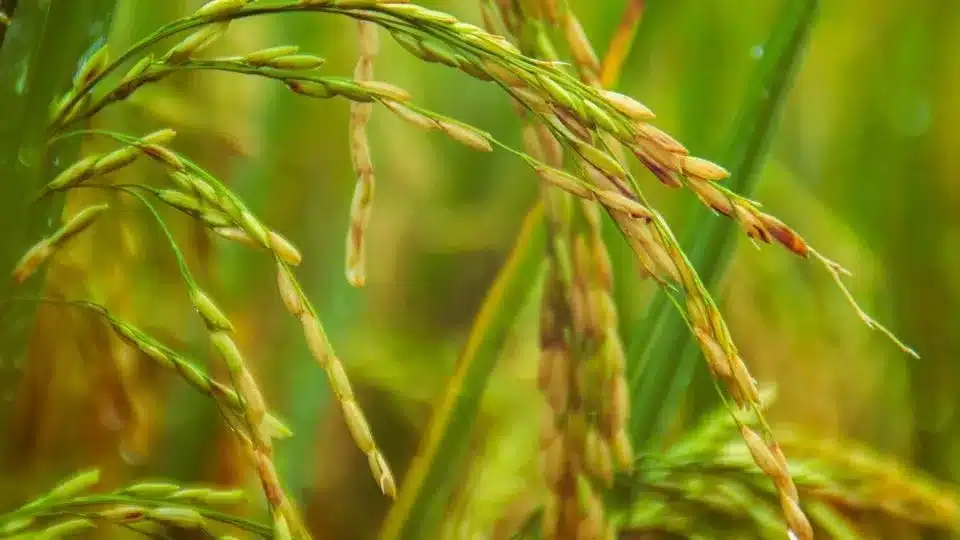Tags
Assam Farmer Sets Up ‘Rice Library’ To Preserve Taste Of History
He advocates for maintaining agriculture as a cultural practice rather than allowing it to transition solely into an industry. He expressed that if individuals participate in paddy production in any capacity and impart farming traditions to students, food security concerns would diminish. He also expressed openness towards collaborating with any organization interested in partnering on agro-ecology and environmental conservation initiatives.

Decades ago, upon venturing into agriculture, Mahan Chandra Borah noticed the slow disappearance of indigenous rice types. Motivated by this observation, he initiated the establishment of a ‘rice library’ aimed at safeguarding these native paddy variations.
Borah, hailing from Assam, recognised that reconnecting with the flavors of our ancestors might forge a closer link to their legacy. In a bid to bridge this gap, he embarked on preserving not just indigenous rice strains but also embarked on a mission to raise awareness regarding their conservation.
Approximately 15 years ago, this 41-year-old individual began the preservation of Assam’s invaluable heritage, initiating the concept of a distinctive “rice library.”
Situated in the unassuming village of Kathgaon in upper Assam’s Jorhat district, the Annapurna Rice Library houses over 500 rice variations from all corners of the country. Some strains are native to the Northeast, while others originate from different regions in India, such as Karunkuruvai and Navara from the south, and Bao and Suagmoni from Assam.
For Borah, a graduate, heritage extends beyond historical edifices or landmarks; it encompasses the elements that sustained our forefathers, including what they consumed and worked with. This belief fueled his endeavour to establish this charming library.
“When we talk about Assam’s heritage, we think of the (Ahom-era) Rang Ghar, Moidam. Can’t our 15th century paddy varieties be our heritage? They could also be things of attraction,” he said according to The New Indian Express.
Borah comes from a lineage of farmers whose primary livelihood revolves around agriculture. Following his father’s passing, the responsibility of supporting the family’s livelihood fell squarely on his shoulders.
“Agriculture is what has kept us going. When I actively took up farming decades ago, I realised that we are gradually losing indigenous rice varieties. Once, I met a Canadian national associated with an organisation ‘Fertile Ground’, passionate about preservation of natural resources. After a bit of research, I learnt a global movement was afoot to conserve traditional paddy species as historical relics,” Borah said.
In his opinion, Assam along with the broader Northeast, remained unaffected by the movement. Despite approaching several NGOs to raise awareness on the matter, his requests were unproductive and yielded no assistance.
“The reason I sought their help was that they have wider reach as they work across villages. When I asked them to raise the issue, they cited fund crunch. So, I thought I should do it myself. I began collecting and conserving indigenous paddy varieties,” Borah said.
He required a facility to safeguard the paddy seeds, and Debojit Neog, a resident from the same village, stepped up. He arranged for the construction of a house on Borah’s land specifically for preserving these seeds, a gesture made in fond memory of his son, Himansu Jyoti Neog.
According to Borah, the library successfully attracts visitors, primarily students, whom he educates about the preserved seeds housed there.
“Rice is not only our staple but also a national asset. If you ask a girl or a boy to name a rice variety that their forefathers ate, they won’t be able to answer. The library is helping people enrich their knowledge,” Borah, who regularly visits schools and colleges to spread awareness among students on the conservation of indigenous rice species, said.
I have paddy seeds from the 15th century. In the olden days, parents won’t leave behind property or material wealth for their progeny, but instead leave things they had worked with. Unfortunately, we have lost many indigenous rice varieties over time. The new generation should know this,” he said.
He further mentioned that the seeds archived in the library originate from various regions across India, encompassing more than 200 species from Assam alone. He gathered some by personally visiting different locations, while others were contributed by friends and well-wishers.
“I have segregated two ‘bighas’ of my agricultural land where I grow different indigenous paddy varieties for conservation; one square metre for each variety,” Borah said.
“The world has started feeling the heat of climate change. I believe the genetic diversity of the seeds that I have preserved will help produce new seeds in the future and may be helpful in averting major food crisis. I have paddy varieties that are flood resistant. Then, there are some that are rain-fed, grown in hilly areas,” Borah said, adding he has started crossbreeding varieties.
He advocates for maintaining agriculture as a cultural practice rather than allowing it to transition solely into an industry. He expressed that if individuals participate in paddy production in any capacity and impart farming traditions to students, food security concerns would diminish.
Additionally, he expressed openness to collaborating with any organisation interested in partnering on agro-ecology and environmental conservation initiatives.
https://www.timesnownews.com/good-news/assam-farmer-sets-up-rice-library-to-preserve-taste-of-history-article-106668904Published Date: January 9, 2024






